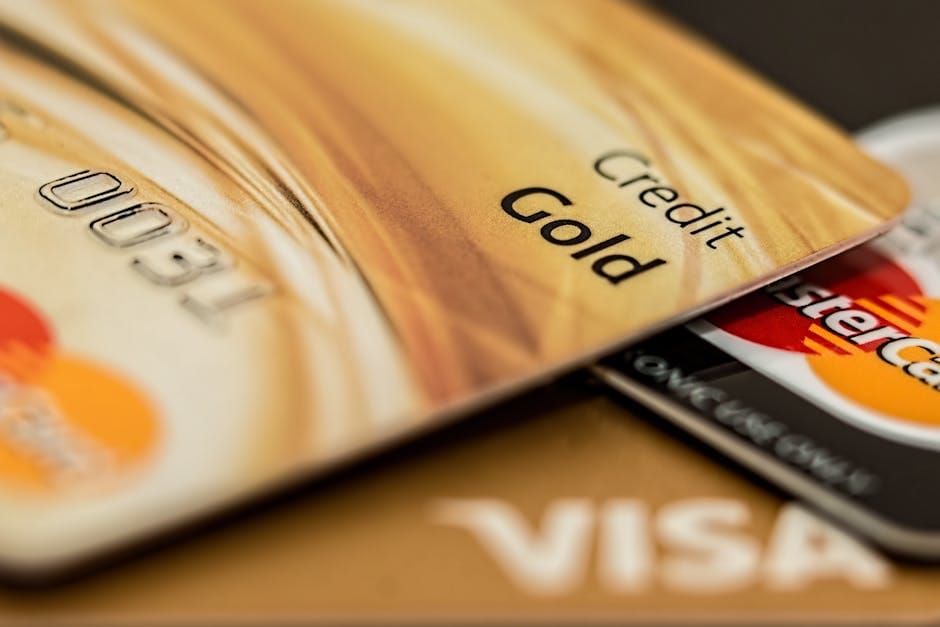I've always been a bit of a financial nerd. I love tracking my spending, budgeting, and investing. So, when I started to learn more about credit scores, I was hooked. I wanted to know everything I could about how to improve my score and get the best possible deals on loans and credit cards.
Over the years, I've learned a lot about credit scores. I've made some mistakes along the way, but I've also learned from them. And now, I'm happy to share my knowledge with you.
In this blog post, I'll discuss the following:
* What is a credit score?
* Why is it important to have a good credit score?
* How to improve your credit score
* Common credit score mistakes to avoid
**What is a Credit Score?**
A credit score is a number that lenders use to assess your creditworthiness. It's based on your credit history, which includes factors such as your payment history, the amount of debt you have, and the length of your credit history.
Credit scores range from 300 to 850. A higher credit score indicates that you're a lower risk to lenders, which means you'll be more likely to qualify for loans and credit cards with lower interest rates.
**Why is it Important to Have a Good Credit Score?**
Having a good credit score is important for a number of reasons. First, it can save you money on interest payments. Lenders typically offer lower interest rates to borrowers with higher credit scores. This means that if you have a good credit score, you'll pay less interest on your loans and credit cards.
Second, a good credit score can give you access to better loan and credit card offers. Lenders are more likely to approve loans and credit cards to borrowers with higher credit scores. And, even if you're approved for a loan or credit card, you're likely to get a better interest rate if you have a good credit score.
Third, a good credit score can help you qualify for other financial products and services, such as insurance and rental housing. Many insurance companies and landlords use credit scores to assess risk. So, if you have a good credit score, you're more likely to qualify for lower insurance premiums and better rental housing options.
**How to Improve Your Credit Score**
There are a number of things you can do to improve your credit score. Here are a few tips:
* Pay your bills on time, every time. This is the most important factor in your credit score.
* Keep your credit utilization low. This means that you should only use a small portion of your available credit.
* Don't open too many new credit accounts in a short period of time. This can hurt your credit score.
* Dispute any errors on your credit report. If you find any errors on your credit report, you should dispute them with the credit bureau.
* Be patient. It takes time to build a good credit score. Don't get discouraged if you don't see results immediately. Just keep following these tips and you'll eventually see your score improve.
**Common Credit Score Mistakes to Avoid**
There are a number of common credit score mistakes that you should avoid. Here are a few of the most common:
* **Paying your bills late.** This is the biggest mistake you can make when it comes to your credit score. Even one late payment can hurt your score.
* **Maxing out your credit cards.** This can hurt your credit utilization ratio, which is a major factor in your credit score.
* **Opening too many new credit accounts in a short period of time.** This can make you look like a credit risk to lenders.
* **Closing old credit accounts.** This can shorten your credit history, which is another major factor in your credit score.
* **Ignoring errors on your credit report.** If you find any errors on your credit report, you should dispute them with the credit bureau. Ignoring errors can hurt your credit score.
**Conclusion**
Improving your credit score takes time and effort, but it's worth it. A good credit score can save you money on interest payments, give you access to better loan and credit card offers, and help you qualify for other financial products and services.
If you follow the tips in this blog post, you can improve your credit score and reap the benefits of a good credit score.

